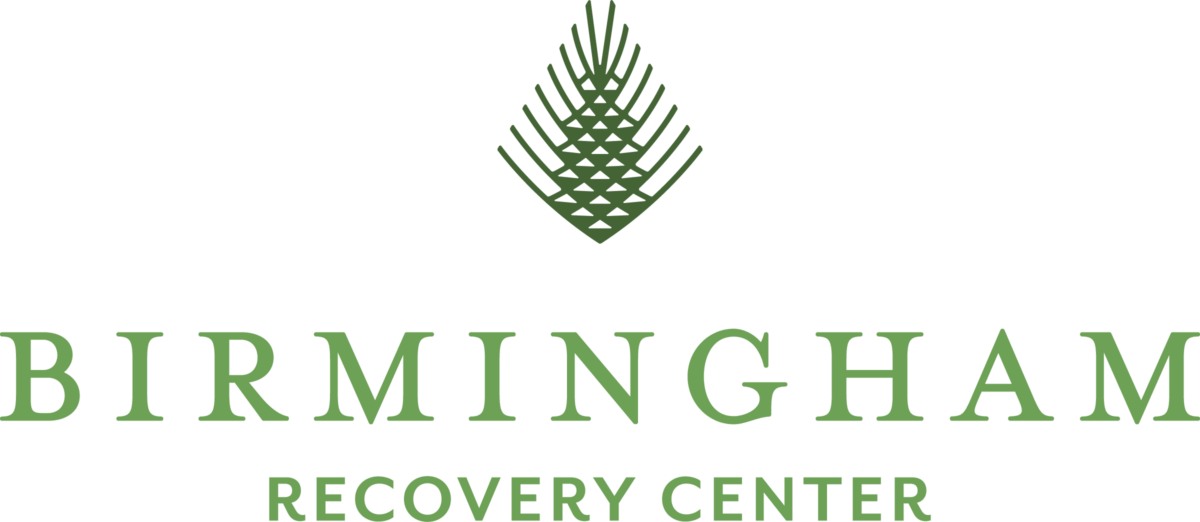Cocaine addiction is a complex problem with no easy solutions. It can leave an individual feeling desperate and helpless, unable to find their way out of the destructive cycle they’re stuck in due to the intense cravings and reliance on the drug. Those suffering from cocaine addiction often feel isolated and alone in their struggle, as if nobody understands what they are going through. Unfortunately, this stigma only ends up exacerbating feelings of hopelessness and despair, leading many more people down not just cocaine use but also other illicit drug usage paths that do more harm than good and make it increasingly difficult for individuals already struggling to break free. However, there is hope; by understanding why cocaine is so addictive and the effective cocaine addiction treatment options available for recovery, we can help those addicted get back on track toward a healthier life free from narcotic substances.
About Cocaine Addiction
Cocaine is a powerful stimulant that has been widely used and abused in the United States since the late 19th century. It is derived from cocaine hydrochloride, a naturally occurring alkaloid found in coca leaves. In its pure form, cocaine can be snorted, smoked, or injected to produce an intense surge of pleasure followed by an equally intense crash when the effects wear off. Despite its highly addictive properties and known short-term and long-term risks, cocaine remains one of America’s most commonly abused drugs, with millions of regular users nationwide.
Cocaine Use Disorder (CUD) & Associated Risks
Cocaine use disorder (CUD) is a mental disorder that can cause an individual to compulsively seek and take cocaine despite the negative consequences of their actions. Individuals suffering from cocaine addiction typically become obsessed with the drug, using it more frequently to reach the desired level of euphoria. This obsession often leads to a variety of dangerous behaviors such as violence, criminal activity, and neglecting important responsibilities like work or school. Additionally, cocaine addicts may experience physical symptoms such as increased heart rate, dizziness, nausea, insomnia or restlessness, paranoia, hallucinations, and chest pain.
Why Cocaine Is So Addictive
Cocaine is an incredibly powerful stimulant that affects the brain and body in several ways. The cocaine molecule binds to certain receptors in the brain, increasing dopamine levels, which leads to intense feelings of pleasure. This reaction reinforces cocaine use as users seek out this high more frequently over time, leading to addiction. Additionally, cocaine can increase heart rate and blood pressure, increasing the risk of stroke or heart attack if used too frequently or for long periods.
When cocaine enters the bloodstream, it quickly begins to affect the user’s mental state as well. Many people addicted to cocaine report feeling an emotional bond with the drug; they come to rely on it for comfort when struggling with difficult emotions. This psychological dependence can be even more difficult to break than physical addiction and is a major factor in cocaine relapse rates.
Cocaine Addiction Treatment Options
Cocaine addiction treatment programs offer multiple benefits to those struggling with cocaine abuse, including medical detoxification, individualized counseling, and group therapy sessions that help patients gain insight into their behaviors and develop healthier coping strategies. Additionally, cocaine addiction treatment centers provide a safe space for individuals in recovery to learn how to manage cravings, build personal resilience against relapse triggers, and foster positive lifestyle changes that help them stay clean.
Exploring Evidence-Based Treatments
Cognitive-behavioral therapy (CBT) is a form of psychotherapy that has been studied to be effective in cocaine addiction treatment. This type of therapy focuses on helping patients recognize unhelpful patterns of thinking and behavior and replace them with more positive ones. Therapists may also use contingency management (CM), which provides rewards or incentives for cocaine abstinence and encourages healthy behaviors such as attending support groups, exercising regularly, or completing other activities related to recovery. Both CBT and CM have been shown to be successful in cocaine addiction treatment when used in combination with medication-assisted treatments like buprenorphine or naltrexone.
Pharmacological Interventions for Cocaine Addiction
Medications like buprenorphine, naltrexone, and methadone can be used to reduce cravings for cocaine and manage withdrawal symptoms during detox. Additionally, antidepressants and mood stabilizers may also be prescribed to help with depression or anxiety related to cocaine abuse.
Steps for a Successful Cocaine Addiction Recovery Journey
- Understand That Cocaine Addiction Is Difficult to Overcome Alone
The cocaine addiction recovery process is filled with challenges and setbacks. In order to achieve a successful outcome, it is important for cocaine addicts to set realistic goals and understand why overcoming cocaine addiction can be difficult to do on your own. It is also important to remember that each individual’s journey is unique and that relapse is part of the process.
- Find Support
Having a strong network of supportive people in cocaine addiction recovery can make all the difference. Family members, friends, and cocaine addiction treatment professionals are valuable resources for guidance and understanding throughout recovery. Participating in peer support groups such as Cocaine Anonymous or Narcotics Anonymous can also provide invaluable insight into the struggles of cocaine addiction and provide a sense of connection to others on similar journeys.
- Develop an Action Plan With a Cocaine Addiction Treatment Center
When it comes to cocaine addiction treatment, having an action plan is essential. Working with a cocaine addiction treatment center will provide personalized guidance and resources to support recovery.
Cocaine addiction is a serious and complex disorder that can be difficult to overcome without the help of cocaine addiction treatment professionals. There may be many challenges along the way, but with the right support and guidance, cocaine addicts can recover and lead happy and productive lives. With hard work, dedication, and willingness to seek help, cocaine addicts can regain control of their lives and break free from addiction.
Start Cocaine Addiction Treatment in Birmingham, AL
Birmingham Recovery Center is a cocaine addiction treatment center in Birmingham, AL, that provides evidence-based treatment designed to meet your individual needs and help you achieve long-term sobriety. If you or a person close to you is struggling with cocaine addiction, we are here to help. Contact our recovery center today to learn more about our cocaine addiction treatment programs and get started on the path to healing.

